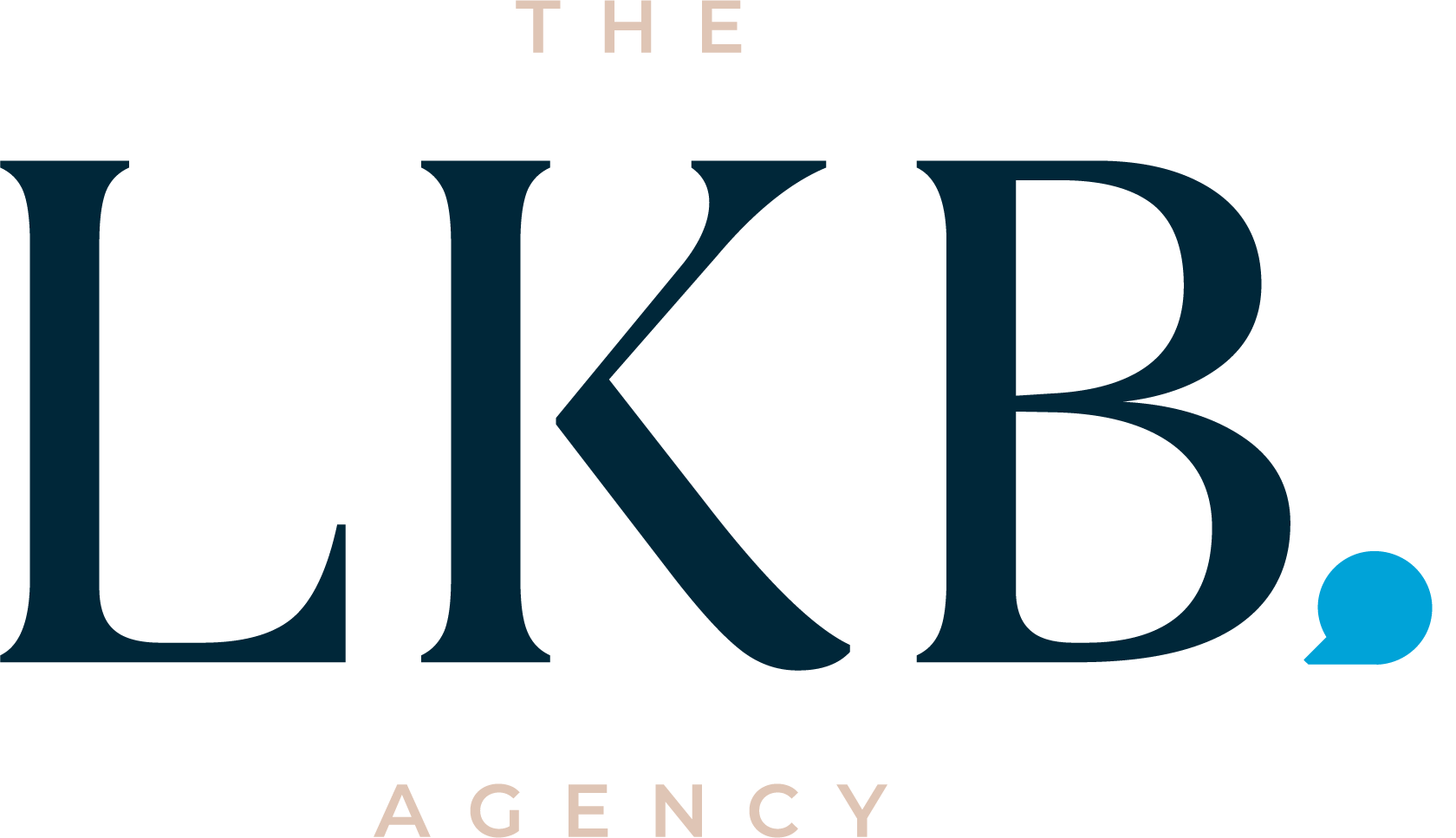As many businesses prepare themselves for what will undoubtedly be a challenging time over the coming months, leaders will need to draw on their communication skills more than ever, remaining calm and considered in their approach to informing and reassuring the people around them.
How a leader communicates in a time of uncertainty is often the biggest test of their leadership skills. Even if communication is now via video, phone or email, it is still critical to continue to lead and communicate regularly with your team and your customers.
Below are five tips to help leaders stay calm and communicate effectively in times of uncertainty:
- Listen first. Listening before you speak or act is both powerful and a key indicator of a calm communicator. Listening and processing important information from internal and external sources as well as listening to the concerns of team members and customers or clients, will significantly increase the effectiveness of your communication. It allows you to gather critical information and process details, demonstrate to your team that you are engaged with the problem at hand, and it will help you to choose the best course of action.
- Timing. When and how often you communicate is critical. Respond as soon as possible and provide regular opportunities for further information and updates but take the time to be well prepared and informed before you speak or act. Be clear about when you will communicate so your team know when they will hear from you and how often.
- When you have a good understanding of the situation, and you are ready to communicate, take the time to prepare yourself. Plan and practise what you’re going to say and ensure you are using concise and jargon free language. Your messages need structure and clarity – follow the who, what, when and how method – and make sure you provide a channel for follow up questions and information sharing.
- Body language. Your movements should be controlled and purposeful. Be mindful of your hands and feet as tapping fingers or feet or running your hands through your hair are all signs of agitation or stress.
- When you need to communicate a decision or instruction, be confident, clear and decisive. Unclear instructions or hesitation can lead to more uncertainty.
Every business and leader should have a plan in place for uncertain times and know when and how to activate the plan, and don’t forget the best plans are practised plans!


